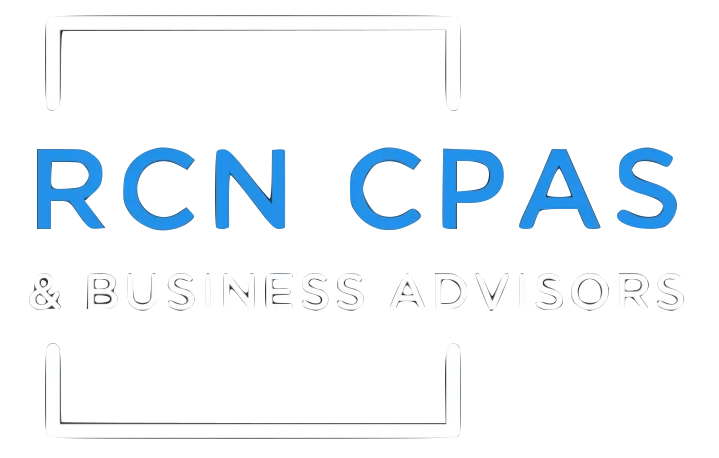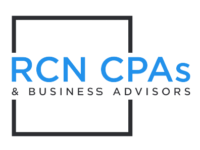Do Small Businesses Need Insurance?

You might wonder whether your business truly requires insurance coverage.
Consider a scenario in which an unforeseen incident, such as a fire or property damage, occurs. In the absence of insurance coverage, you’d be compelled to seek resources for resolution, often from your own funds. There are instances when these events happen precisely when you lack the immediate means to address them.
Insurance, in this context, offers a reassuring layer of financial security, acting as an impenetrable barrier. It empowers you to rebound from unexpected occurrences and concentrate on your core activities without the persistent concern of potential setbacks.
Consequently, your business gains protection against financial losses by transferring the burden of these losses to the insurance company. When you procure an insurance policy, you are effectively compensating the insurance company to assume responsibility for specified financial losses. Should you encounter a loss that falls under your policy’s coverage, the insurance company will step in and cover the expenses, within the predetermined policy limits.
What kind of business insurance do you need?
The type of business insurance that a small business needs will depend on its industry, size, specific risks, and activities of the business. Small businesses can choose from various types of insurance to tailor their coverage to their specific needs.
However, there are some common types of business insurance that most small businesses should consider:
- General Liability Insurance:
General liability insurance protects against claims of bodily injury or property damage caused to third parties.
In a situation where a customer slips and injures themselves on your business premises or alleges that your product caused them harm. General liability insurance steps in to shield your business against claims.
- Business Property Insurance:
Covers damage or loss of business property due to unforeseen events such as fire, theft, vandalism, and other covered perils.
Picture this – a fire breaks out in your office, destroying valuable equipment and important documents. Without business property insurance, you’d be left to deal with the extensive losses out of your own pocket.
- Workers’ Compensation Insurance:
Provides benefits to employees who are injured or become ill while on the job.
If one of your employees gets injured while working for your business or falls ill due to occupational hazards. Workers’ compensation insurance provides crucial benefits to these employees, ensuring they receive the necessary support during their recovery.
- Professional Liability Insurance:
If you run a service-based business and a client accuses you of negligence or claims that your advice led to financial losses, professional liability insurance becomes your shield. It protects you from such claims of errors and omissions, allowing you to focus on delivering exceptional service.
- Commercial Auto Insurance:
Covers vehicles used for business purposes.
Think about the vehicles your business uses for deliveries or client meetings. In a scenario where an accident occurs, causing damage to your business vehicle or injury to others, commercial auto insurance steps in to provide coverage.
- Business Interruption Insurance:
Helps recover lost income in case of a disaster or interruption.
Imagine a natural disaster, like a flood forcing you to halt your operations temporarily. During this downtime, you’re not generating income, yet your expenses continue to accrue. Business interruption insurance comes to the rescue, helping you recover lost income during this critical period.
- Product liability insurance: This type of insurance covers businesses against claims of injury or damage caused by their products.
Consider that your small business manufactures or sells products to consumers. Now, suppose someone claims to have been harmed by one of your products, alleging injury or property damage. Product liability insurance covers businesses against these claims, ensuring that the fallout from such incidents doesn’t financially cripple your business.
- Cyber liability insurance:
Cybercriminals breach your security and steal sensitive customer data or launch a ransomware attack that disrupts your operations. Cyber liability insurance offers protection against these losses, covering the costs and liabilities associated with cyber incidents.
Insurance is an important investment for any small business owner. It can help to protect your business from financial losses due to unforeseen events and ensure that your business has the protection it needs to thrive and grow
When choosing the type of insurance you need, it is important to consider the specific needs of your business and the risks that you face. Working with an experienced insurance advisor can also help you determine the right mix of coverage for your business.
Reach out to our experts at RCN CPAs & Business Advisors. We’re here to guide you through the process and help you make the best decisions for your business. Don’t leave your business vulnerable.






